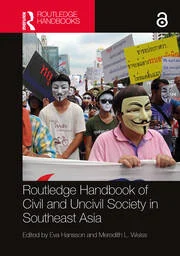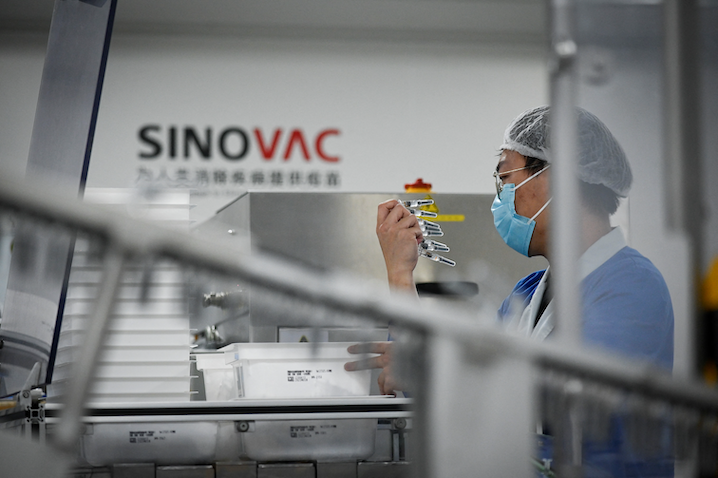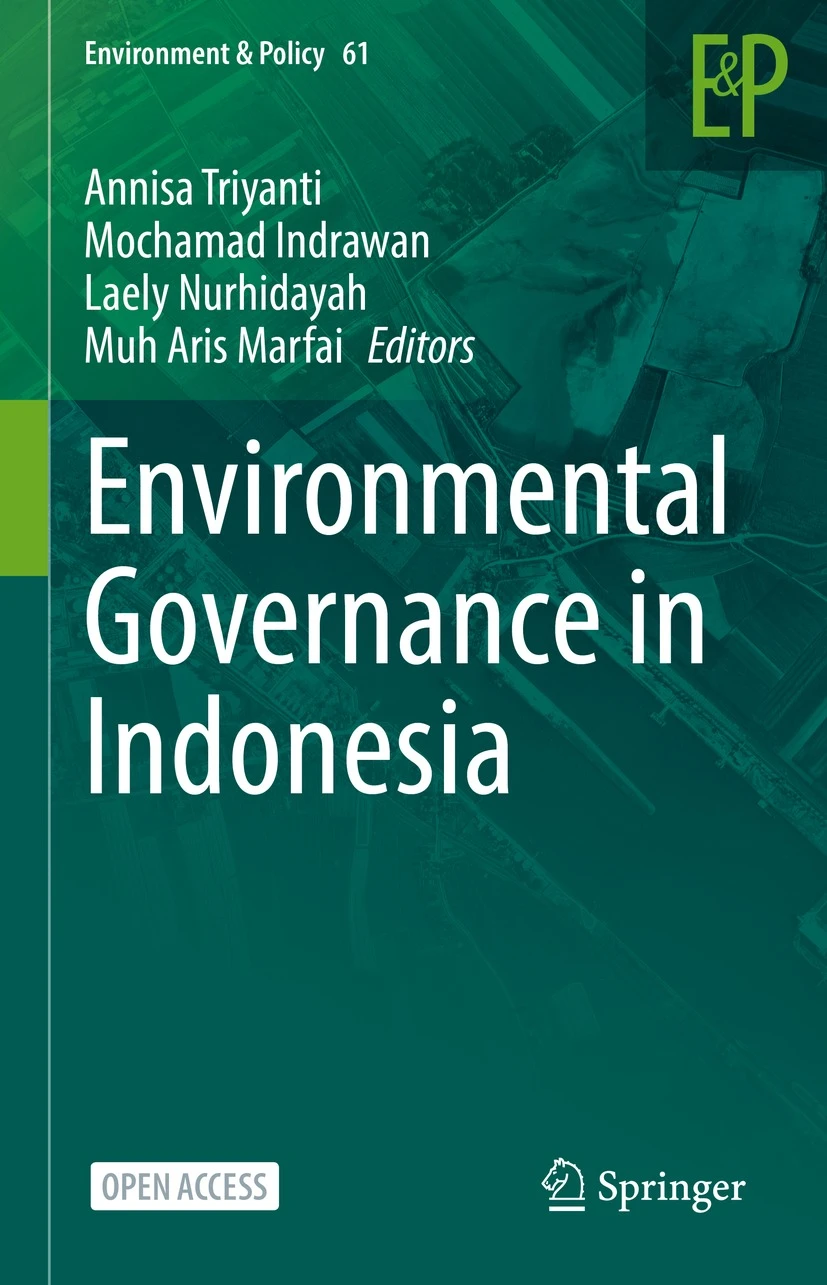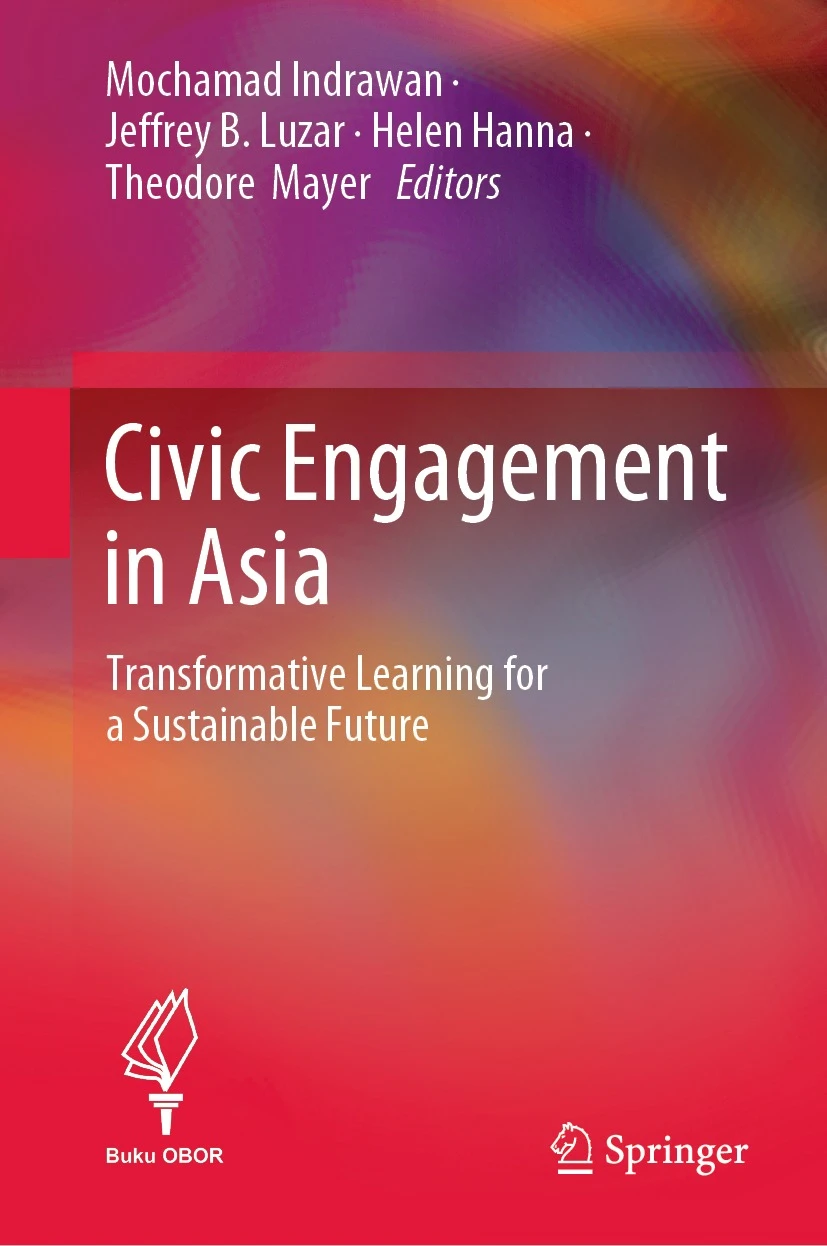Civic Engagement for a Just and Sustainable ASEAN: Our Stories and Practices
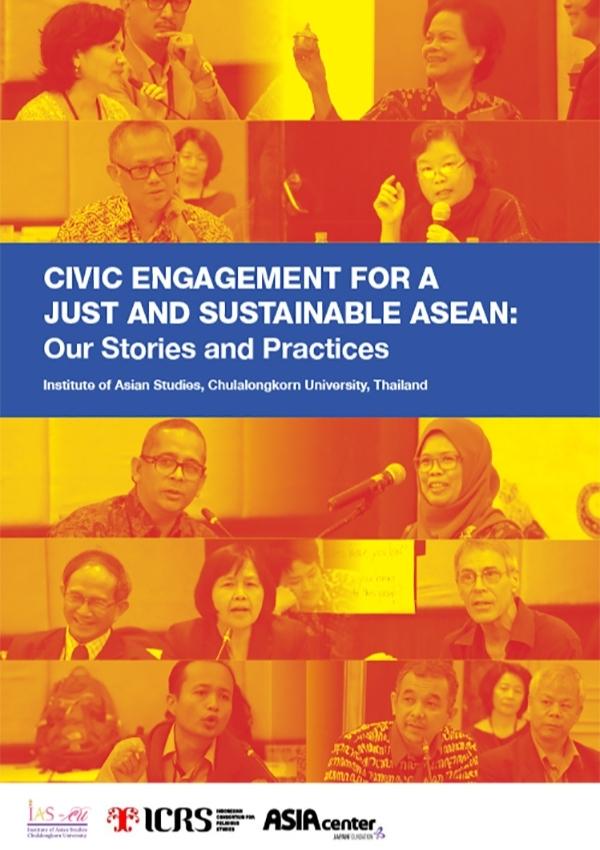
This volume, which shares and highlights common concerns and struggles towards building a just and sustainable society in Asia, is an indication in a number of ways that we have opened a new chapter to the mission at the Institute of Asian Studies (IAS) of Chulalongkorn University, Thailand. IAS, founded in 1967, is an inter-disciplinary research, teaching, and service organization. Its strategic vision has been to serve the Thai community and the Asian region as a source of knowledge and expertise for a broad range of subject areas in the region, including economic, social, political, and security concerns.
In 2017, IAS started to support under its umbrella, a regional project entitled Transformative Learning towards a Just and Ecologically Sustainable ASEAN Community. I am delighted that this regional project has paved a way to expand the IAS’s areas of contribution through further networking and collaborative frameworks.
Our region is undergoing rapid economic integration and is increasingly faced with common challenges, which include the widening gaps between the economically privileged and underprivileged and the effects of environmental destruction and resource depletion on food security and psychological health. To respond to these challenges and work towards building a more just and sustainable society both nationally and through regional collaboration, well-informed civic engagement is crucial. Learning also plays a vital role. Institutionalized education alone, especially through conventional styles of passive learning, is not only insufficient, but also ineffective. To precipitate citizens’ active participation in society-building, learning must be transformative. Guiding principles such as sustainability and justice must be widely and constantly debated to be meaningful.
This regional project closely looked at contributions of transformative learning in East and Southeast Asia by: analyzing existing cases of civic engagement in the region to find out to what extent each undertaking is transformative and what factors are enabling/dis-enabling transformation; enhancing collaboration among various stakeholders, in particular academics, civil society, and local communities, as a step towards creating a multi-stakeholder platform; and learning from educational programs where transformative learning has been incorporated into curricula and activities.
To achieve these objectives, IAS collaborated with its co-hosts and invited civil society leaders, community organizers, academics, teachers, and other practitioners to a regional workshop entitled Civic Engagement for a Just and Sustainable ASEAN: Our Stories and Practices held between August 11 and 15, 2017 in Yogyakarta, Indonesia. All the invitees had demonstrated strong leadership, professionalism, and accomplishment of regional relevance through innovation and creative methodology, aiming for policy impact and/or social transformation at large, at a national or regional level. In short,
the participants had stories to share about their civic engagement
experiences towards a just and sustainable society.
I am very happy to share with our readers, the synthesis of the exchanges and findings from these processes. And I hope each reader can come across a story or two to relate to in this report and come up with a story of your own to add to it.
Nualnoi Treerat, Ph.D.
Director, Institute of Asian Studies
Chulalongkorn University, Thailand
[pdf-embedder url=”https://civicengagement.chula.ac.th/wp-content/uploads/2022/03/CIVIC-ENGAGEMENT-FOR-A-JUST-AND-SUSTAINABLE-ASEAN.pdf” title=”CIVIC ENGAGEMENT FOR A JUST AND SUSTAINABLE ASEAN”]


